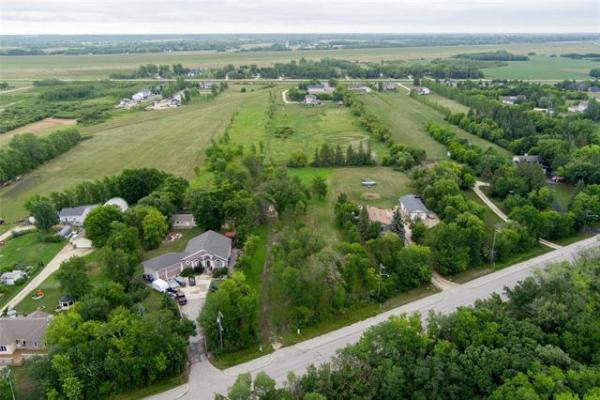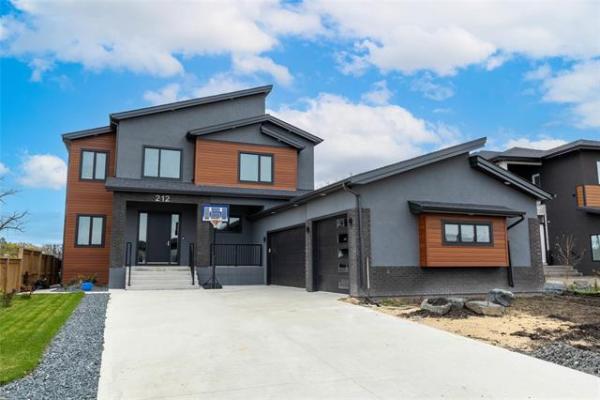Question — Please advise on paving over concrete driveways with asphalt, as is done on city streets and commercial parking lots.
Thank you, Michael Bazak.
Answer — With any driveway job, the condition of the base is the most important factor in determining the end results. If your current concrete driveway is good, the end result may turn out well, and if it is in poor condition, adding another layer on top will generally be a waste of money.
Comparing a commercial construction job, such as asphalt paving of city roads, with residential work can be full of potential pitfalls. To begin with, large construction jobs like those have a large budget, often with contingencies for overruns built in. For your home, you may have a limited budget, or at least one that will not see you spending significant money on an upgrade, only to have to redo it in a year or two. If a paving contractor covers a city street made of concrete with a new layer of asphalt, and it fails within a short period of time, it will likely be redone. This may be at the expense of the contractor or city coffers, but either way it will be corrected whether it was initially a good idea or bad one.
For large city road work, there may also be extra investigation and scrutiny prior to commencement of any plans. There will likely be soil engineers, city planners, and civil engineering consultants involved. They may take soil samples from the area to be upgraded, as well as inspecting the condition of the roadway to be repaved. The results may be critical in determining whether a simple topping of new asphalt will be sufficient over the existing surface, or whether complete removal, excavation, and granular fill installation is warranted, prior to completely new pavement. There may also be surveyors and concrete specialists hired for further analysis.
Any residential installation or upgrade to a driveway will be costly, but will not normally have the benefit of all the expert preliminary work stated above. You will be reliant on your own observations and the advice and reputation of the contractor. Common sense should always be employed and if something recommended by a contractor sounds too good to be true, or too cheap, it is likely a bad idea. As far as paving over an existing driveway, it may all depend on the condition of your current driveway. If the driveway has not shifted significantly, it may be possible to add another layer regardless of condition of the surface. If the surface is spalling or flaking, but does not have large cracks or uneven areas, it may make sense to take the less costly option. If the cracks are larger than 6mm, or the slab is broken into several pieces with different heights to each section, then that option may be out of the question.
Because we live in an area with primarily expansive clay soils, surface paving is always a bit of a crap-shoot. Because our soil’s stability depends on moisture content, temperature, frost effects, and other environmental factors, the base below any pavement is the key to longevity. That is why you will see a new road, or complete replacement, begin with excavation of the existing soil. Following that, various layers and sizes of granular fill are built up within the excavation area and then heavily compacted. That process minimizes the expansion and contraction of the natural soil under the roadway, by adding a well-draining substrate. The granular fill will not trap and hold excess moisture, like expanding clay soils, and will not shrink as much when dryer weather prevails. This will help prevent movement, which is the main issue facing surface pavement in our geographic area.
The same factors that affect the city streets will be a concern for your home’s driveway. If the original contractor did a thorough job of excavation, filling, and compaction prior to pouring your concrete slab, then it may still have its structural integrity. Even if it has small shrinkage cracks and surface deterioration from years of precipitation and sun exposure, the base may still be solid. In that situation, installing a thin layer of asphalt over top may be an inexpensive way to extend the life of your driveway. Be advised that asphalt does get softer on hot, sunny days, and may not be the most durable of surfaces in the long run.
There may also be other alternatives to asphalt for topping your older driveway, but the same goes for all of those options with regards to movement. Unfortunately, many of the better quality toppings will require that the concrete surface be smooth for proper adhesion. The ones that don’t have that requirement may need additional preparation and will generally have a higher cost. Either way, it is rarely a good investment to spend a few thousand dollars for a resurfacing job when the longevity may be very limited.
In making your decision whether to resurface your driveway, or replace it, the integrity of the current concrete should be the factor that steers you in the right direction. While it may seem like a bargain to add a layer of asphalt to spruce up your driveway, that money may be better spent on a complete upgrade, which will provide a much better end product that will last for a few decades, rather than a few years.
Ari Marantz is the owner of Trained Eye Home Inspection Ltd. and a Registered Home Inspector (RHI)(cahpi.ca). Questions can be emailed to the address below. Ari can be reached at 204-291-5358 or check out his website at trainedeye.ca.
trainedeye@iname.com



